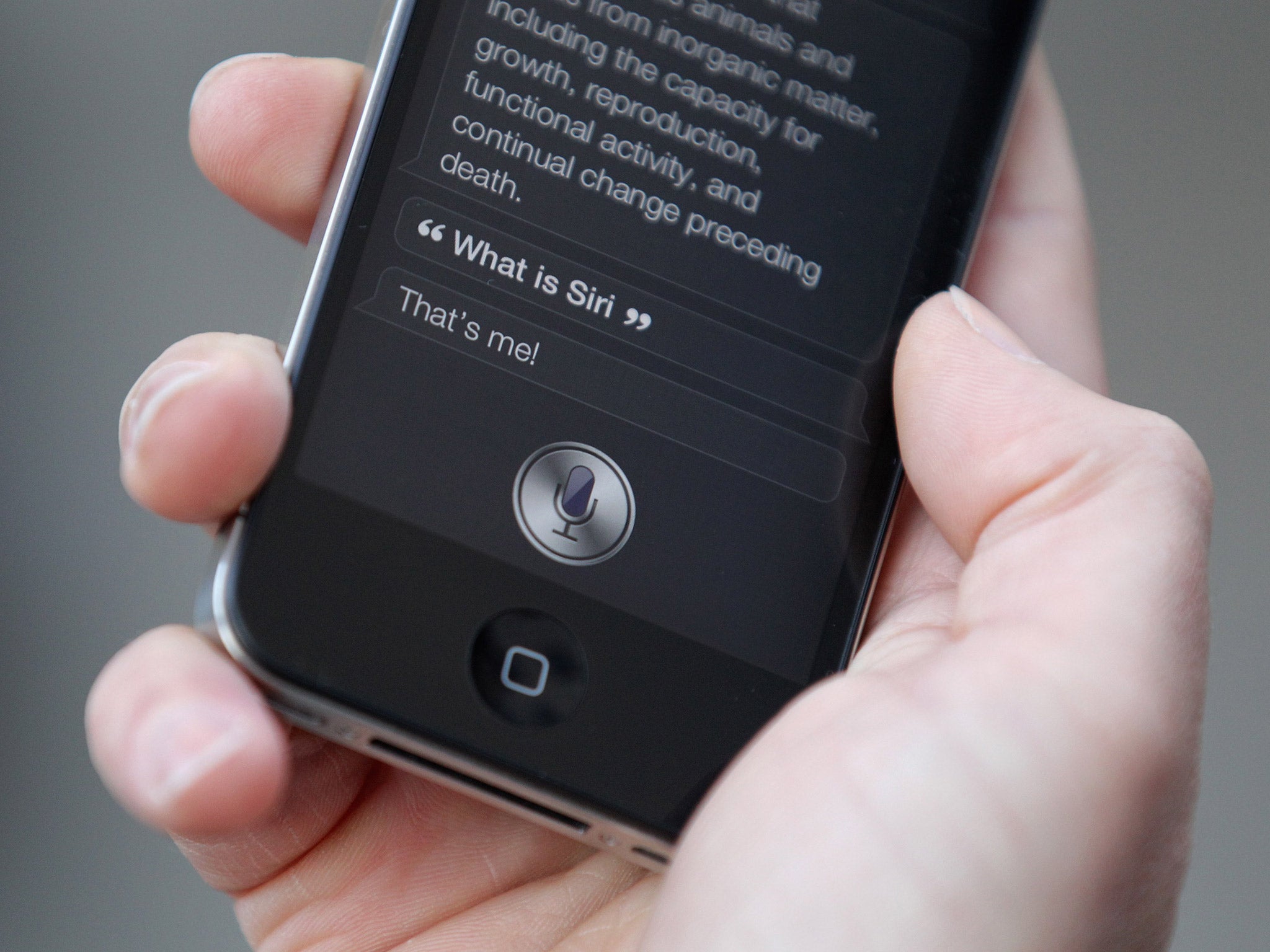AI will play a big part in our future, but at this stage it seems rather average
There's evidently a technological trail being blazed, but it still feels a long way from being reliably useful

A friend of mine has got into the habit of saying "OK Google!" into his phone every few minutes. The voice-activated assistant (Google Now) immediately springs into life, he asks it a question, and occasionally it gives him what he is after. The failure rate is pretty high, but he stubbornly insists that the more he uses it, the better it'll get. He's committed to the long game. He believes in a future where we'll talk freely and without embarrassment to non-human entities.
So do Facebook, Apple, Microsoft and Google; they're all keen to convince us that their own brand of artificial intelligence is more human-like than any competitor. In China, Microsoft's popular chatbot Xiaoice has just become a trainee anchor on live television. Facebook's personal assistant, M, continues to receive plaudits for the service it provides to a small group of California-based testers from within the Messenger app. And this week we hear that Google is also working on a instant message-driven service, responding to our questions using colloquial English. Service with a smiley.
There's evidently a technological trail being blazed here, but it still feels a long way from being reliably useful. Google Now certainly has the capacity to surprise us with its uncanny sixth sense, but this has to be set against the number of times it simply doesn't come up with the goods. Artificial intelligence (AI) will undoubtedly play a big part in our future, but at this stage it seems like we're being asked to applaud services for being occasionally brilliant, but more generally speaking rather average.
All four companies are doing their best to persuade us of the merits of engaging in AI-driven conversation. Facebook's M service is reportedly enhanced by human "trainers", and those who've had first experience of using it have publicly pondered how involved these people actually are, with a strong suspicion that the more successful interactions are entirely human-driven. Microsoft has bestowed Xiaoice with "humanity" by using source material from social media, while Google researchers have given bots a philosophical edge by mining movie dialogue. While most of us lapse into soap opera cliché from time to time ("You have no right to say that"/"If you walk through that door you'll regret it for the rest of your life"), conversations with bots taught by movie scripts only give the illusion of humanity. It's clever – but is it useful?
A chat app called Telegram offers us the chance to have conversations with a number of AI bots, including @nomadbot, a "personal travel assistant" who can help you with getting from A to B and back. Its success, however, is not so much about results as trust; do we believe that it'll do a better job searching the internet than we would? My own doubts might be down to my belief that I'm some kind of Googling ninja, but if a bot claimed to have found the cheapest deal on a New Year's Eve hotel, my first instinct would be to say: "I bet I can do better." A weary cynicism characterises my encounters with AI, particularly the tech support bots that doggedly stick to the script and remain impervious to my appeals for understanding.
These things will get better, of course. One day there'll be a tipping point where putting up with the erratic behaviour of a virtual assistant will be easier than searching for something ourselves. My Google Now-obsessed pal thinks we're there already – but I'm still waiting.
Join our commenting forum
Join thought-provoking conversations, follow other Independent readers and see their replies
Comments
Bookmark popover
Removed from bookmarks